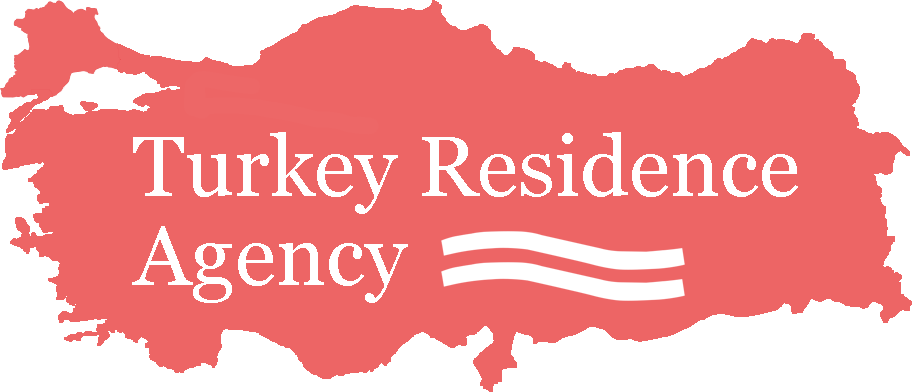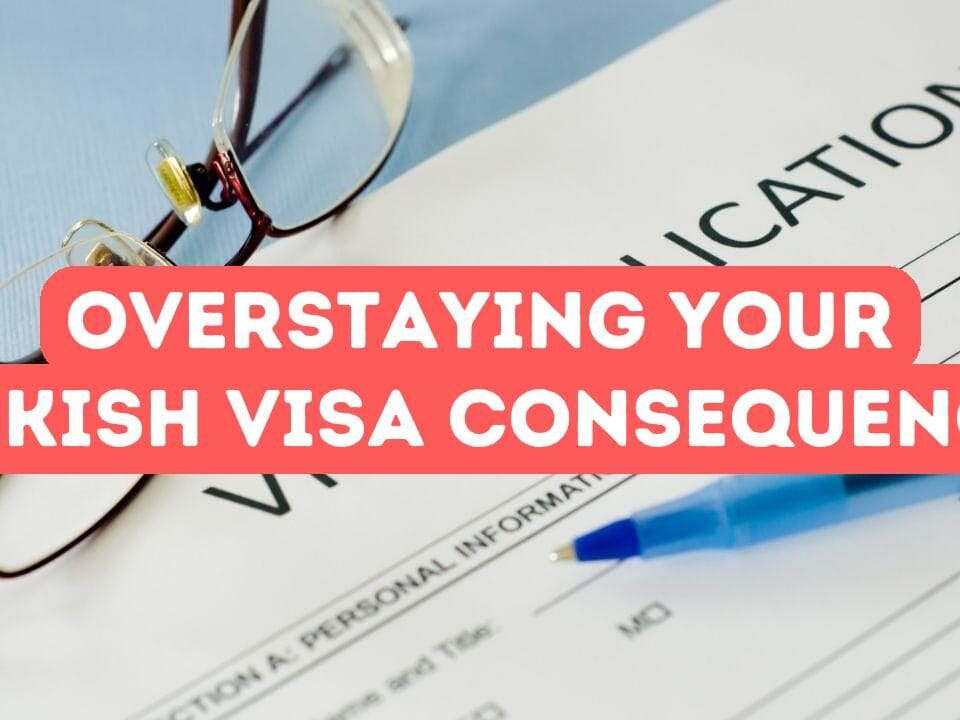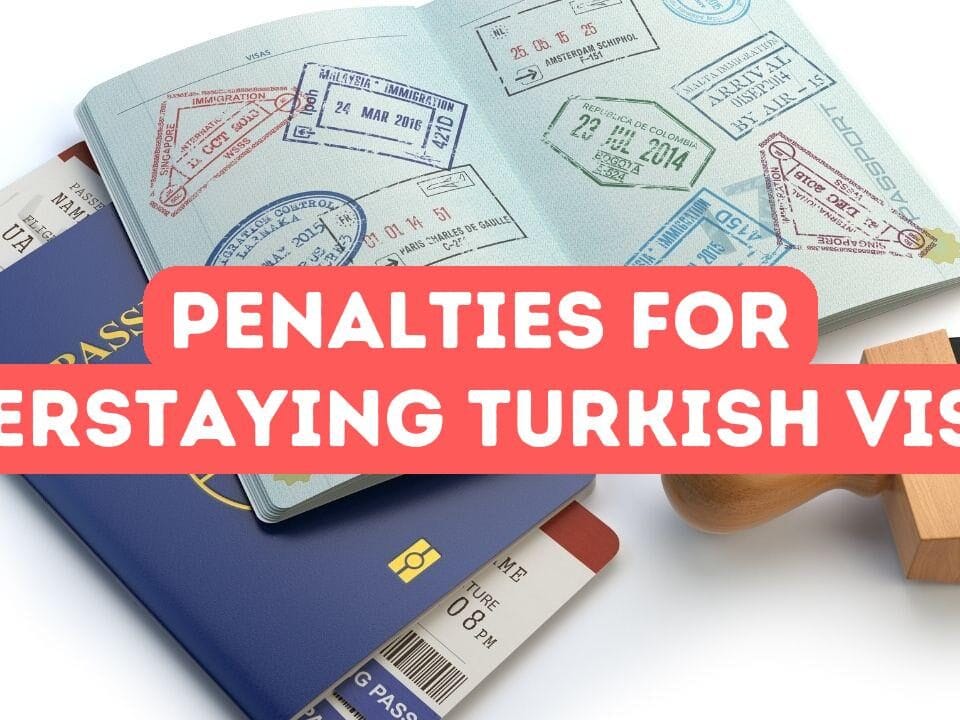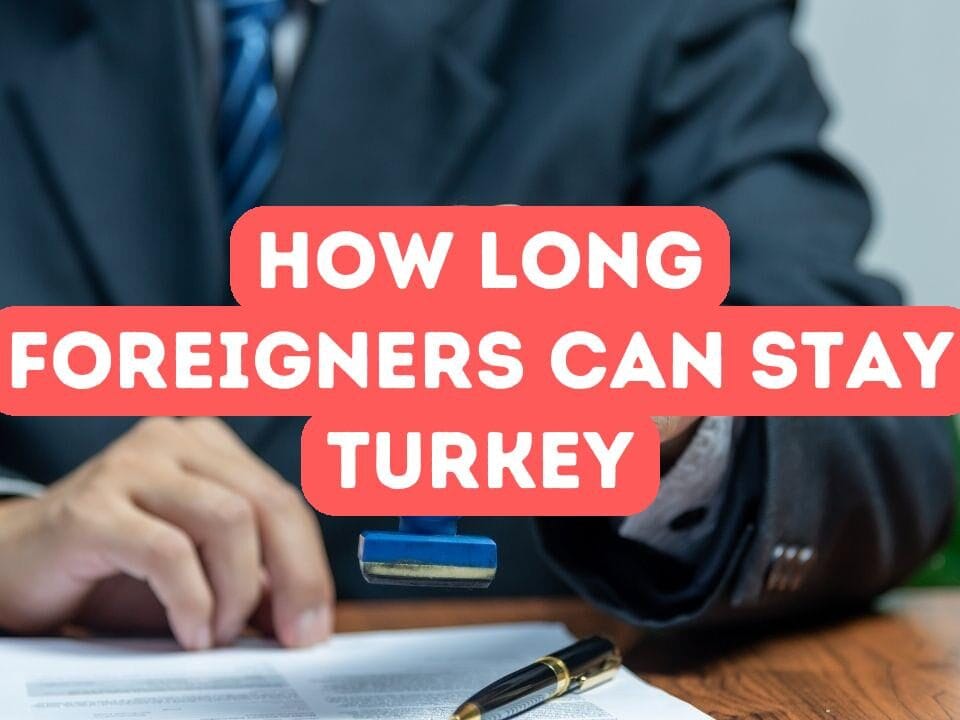How to Extend Your Visa in Turkey
Navigating the complexities of visa extensions in Turkey can often be a daunting task for many international residents. At Turkey Residence Agency, we understand the importance of seamless visa management, allowing you to continue your stay without legal interruptions. Whether your purpose is for work, study, or to enjoy the picturesque landscapes and vibrant culture, extending your visa requires detailed understanding and precise execution of the legal requirements. Our dedicated team of immigration experts is here to guide you through every step of the process, ensuring that you comply with Turkish regulations while minimizing hassle. Let us assist you in making your extended stay in Turkey as smooth and legally compliant as possible.
Essential Documents and Requirements for Visa Extension
To successfully extend your visa in Turkey, it’s crucial to gather all the necessary documents and ensure they meet the specific requirements. Essential documents include a completed application form, a valid passport with copies of its relevant pages, recent passport-sized photographs, and proof of sufficient financial means to support your stay. Additionally, you’ll need to provide evidence of your reason for staying, such as a work contract, student enrollment confirmation, or a rental agreement. It’s also important to have valid health insurance covering your extended stay period. Submitting accurate and complete documentation not only facilitates the approval process but also helps avoid any legal complications that could arise from missing or incorrect information.
Along with the primary documents, certain additional pieces of information might be required depending on the type of visa you are seeking to extend. For instance, if you are extending a family residence permit, you will need to provide proof of relationship such as marriage or birth certificates, and sometimes an invitation letter from the family member who is sponsoring you. Health reports from Turkish hospitals might be required for student and work permits to ensure there are no public health risks. For business visas, documentation proving the establishment of your business or your role within a Turkish company will be necessary. Staying updated with the latest regulations through official government websites or consulting with trusted immigration advisors can help you prepare these supplementary documents and ensure a smoother extension process.
Timely submission is another critical aspect when applying for a visa extension in Turkey. It is advisable to apply at least 60 days before your current visa expires, but no later than before your visa’s expiration date. Late applications can result in fines, legal issues, or even deportation, disrupting your stay and future plans in Turkey. Keeping track of your visa status and deadlines helps you avoid these pitfalls. At Turkish Council, we offer timely reminders and support throughout your extension process, ensuring that each document is submitted on time and correctly filed. By adhering to these timelines and leveraging our expert guidance, you can stay focused on your activities without the stress of potential legal hurdles.
Step-by-Step Guide to the Visa Extension Process
Understanding the step-by-step process for extending your visa in Turkey is crucial to avoid any disruptions in your stay. The first step is to apply for an extension through the official e-Ikamet website, where you will need to fill out the necessary application form. This preliminary stage involves providing personal information, answering questions related to your current visa, and specifying the reasons for your extension request. After submitting these details online, you will receive an appointment date to visit the local Directorate of Migration Management office (Göç Idaresi). It’s essential to complete this online application accurately to prevent any delays or rejection.
On your appointment date, visit the local Directorate of Migration Management office with all required documentation. Essential documents typically include your current residence permit, passport, four biometric photos, proof of health insurance valid in Turkey, and any supporting documents pertinent to your visa extension purpose, such as a student enrollment letter or work contract. It’s advisable to have copies of all documents, as well as the originals, to avoid any issues during the verification process. Upon arrival, you will go through a document review and may be asked additional questions to validate your reasons for extending your stay. If everything is in order, you will be provided with a receipt indicating that your extension application has been submitted, which you should keep as proof of your ongoing legal status while your application is being processed.
Once your application has been reviewed and approved, you will receive a notification—usually via email or SMS—stating that your visa extension has been granted. You can then return to the local Directorate of Migration Management office to collect your new residence permit card. This card serves as proof of your extended legal stay in Turkey and should be kept with you at all times. It’s crucial to note the validity period of the extension and ensure that you apply for any subsequent renewals well before the expiration date to maintain uninterrupted legal residence. In case of any issues or delays, our experts at Turkish Council are available to provide you with the necessary support and advice, ensuring a seamless transition during your extended stay in Turkey.
Tips for a Successful Visa Extension Application
First and foremost, start the visa extension process well in advance of your current visa’s expiration date. This proactive approach provides ample time to gather necessary documents, complete required forms, and address any potential issues that may arise. It’s crucial to remain informed about the specific criteria and legal requirements for your visa type, as these can vary considerably between tourist, student, and work visas. Familiarizing yourself with the mandatory paperwork, such as proof of financial stability, valid health insurance, and appropriate accommodation details, can help streamline the application process. Early preparation not only reduces stress but also minimizes the risk of potential complications and penalties associated with overstaying your visa.
Next, ensure that all your documents are accurate and up-to-date. Inconsistent or outdated information can lead to delays or even denial of your extension application. Double-check the expiration dates on your passport, ensure your health insurance is valid throughout your extended stay, and verify that your financial statements are current. If you’re applying for a work or student visa extension, secure an up-to-date letter from your employer or educational institution confirming your ongoing employment or enrollment. Additionally, make sure to provide clear and legible copies of all necessary paperwork, as poor-quality documents can result in further scrutiny or requests for additional information from immigration authorities. Being thorough and meticulous with your documentation makes a compelling case for your continued stay and highlights your commitment to adhering to Turkish immigration laws.
Finally, maintain open communication with immigration authorities and be prepared to respond promptly to any requests for additional information. Regularly check your email and other communication channels for updates or notifications regarding your extension application. Attending any scheduled meetings or interviews punctually and prepared can help expedite the review process. It’s also beneficial to keep a personal copy of all submitted documents for your records. If you encounter any challenges or have specific questions, consulting with a professional education consultant can provide valuable guidance and support. At Turkish Council, our experts are well-versed in the latest regulations and can offer personalized assistance to ensure that your visa extension application is handled efficiently and effectively. By staying proactive and well-informed, you can significantly enhance your chances of a successful visa extension, allowing you to focus on your educational pursuits and cultural experiences in Turkey.






